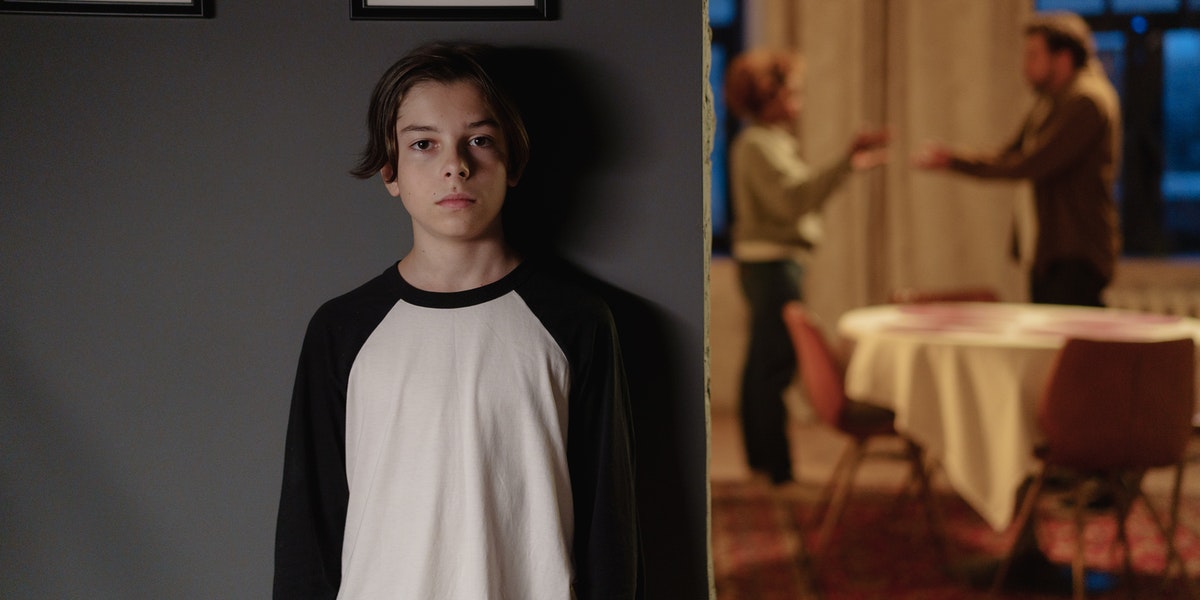Drug addiction is one of the most expensive lifestyles you can have. Many people who are addicted to drugs find that they spend hundreds of dollars a day on their habit. For example, people with severe heroin addiction have admitted to buying 10-15 bags of the drug per day, which could cost as much as $2,100 per week (at $20/bag).
But addiction doesn’t just take a financial toll. Addicts also ‘pay’ for their habit in other ways such as by sabotaging their relationships and neglecting their physical health. In this post, we’re going to discuss the different costs involved in being an addict. Even though an Arizona drug rehab is a financial commitment, it’s far less expensive than what addiction will ultimately cost you.
Financial Costs of Addiction
The financial cost of addiction is usually one of the first issues that people notice. Not only does it cost money to support the habit, but also money is responsible for other issues that people with addiction face. For instance, if a person doesn’t have money to pay their bills, they may lose their home and the ability to buy food and clothes.
In fact, the financial cost of addiction is a major reason why people associate addicts with homelessness. While this can happen over time, it’s not actually the norm. Roughly 10.8 million people with a substance use disorder also hold down a full-time job. But instead of spending their money on recreational activities and hobbies, they spend it on drugs.
Emotional Costs of Addiction
Addiction takes an incredible toll on a person’s emotional stability and functioning. There are reasons for this. When you abuse drugs, changes occur in the brain that make it difficult to regulate emotions. This is why many drug users are emotionally volatile, being in a great mood one minute and an aggressive mood the next.
But it’s not just what you see on the outside that’s affecting the person but also what’s happening on the inside. Even though drug users often don’t appear to be remorseful, they deal with a lot of shame, anger, sadness and grief. The weight of these emotions drag them down, causing them to be in emotional turmoil.
Sadly, when a drug addict experiences these emotions, they tend to seek out drugs to escape reality and numb their feelings. It’s a powerful cycle that’s hard to stop.
Psychological Costs of Addiction
Drugs feel good because they flood the brain with dopamine, a chemical that’s responsible for pleasure. It’s these feelings of euphoria that people become addicted to, and this is the feeling they will chase over and over again. However, when the brain gets used to having a surge of dopamine, it requires higher amounts to experience pleasure.
Physical Costs of Addiction
Continuing to use drugs can do long lasting damage to the body such as organ damage and cardiovascular damage. Furthermore, the addict lifestyle does not support good health and nutrition. Drug users tend to engage in risky behaviors like drunk driving or unprotected sex, and they often have unhealthy sleeping, eating and exercise habits.
As you can see, drug use takes more than a financial toll on an addict and their family – it takes an emotional, psychological and physical toll as well. But it doesn’t have to be this way. Addiction is treatable, and with the right treatment center in Arizona, you can be successful in your journey. Get in touch with Wolf Creek Recovery to speak with an admissions counselor.

Finding purpose in pain is what Jonathon does best. He is a strong advocate for those suffering from substance use disorders. As a person in recovery, Jonathon knows how important it is to receive empathy and compassion. He recognizes that each person comes from a different set of circumstances and deserves to be valued and respected.
With a fresh perspective and compassionate attitude, Jonathon works closely with clients to help them let go of the past and know when to take necessary risks. The recovery process is ongoing, which means people need to move forward while applying the skills learned in treatment. Jonathon is a great motivator when it comes time for this!
Jonathon also places emphasis on the family unit and how it can make or break the recovery experience. Individuals with active, supportive families have far better outcomes. Jonathon realizes that it’s impossible to move mountains overnight, but with the right support team and positive attitude, anything is possible.









